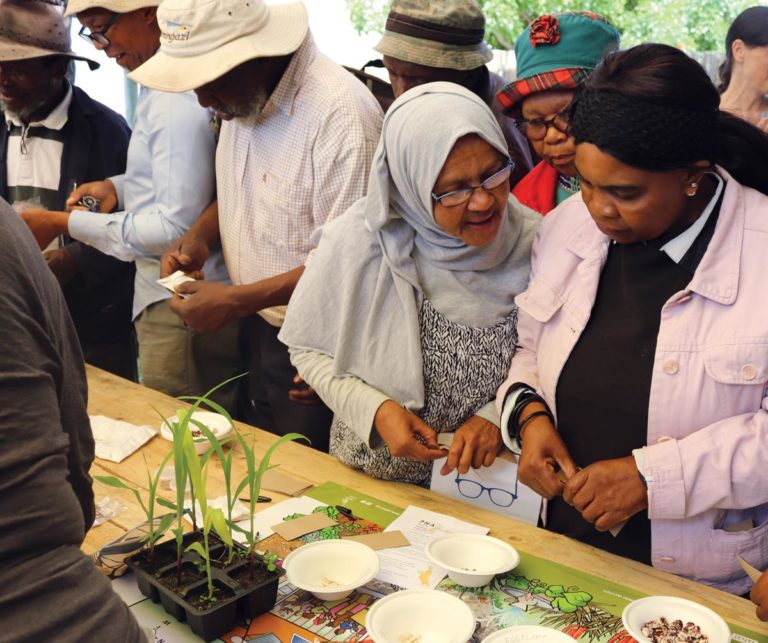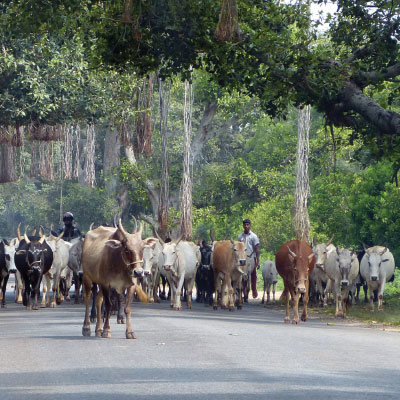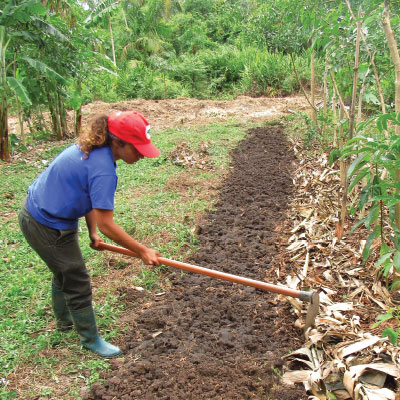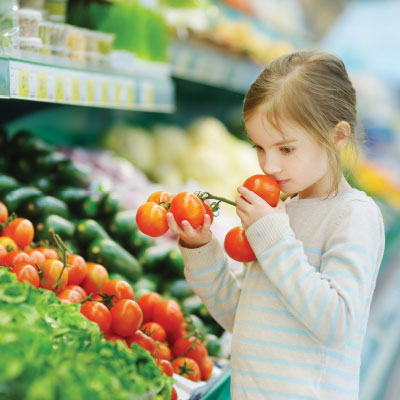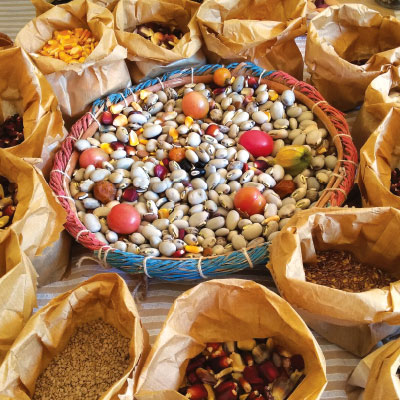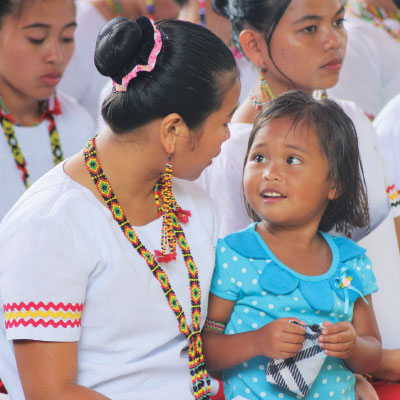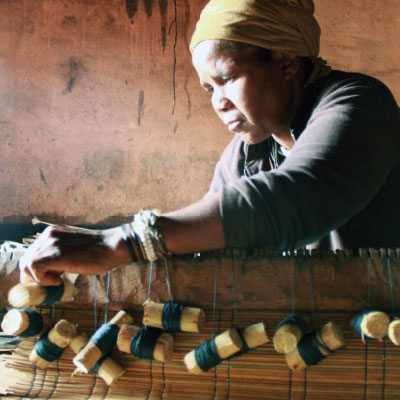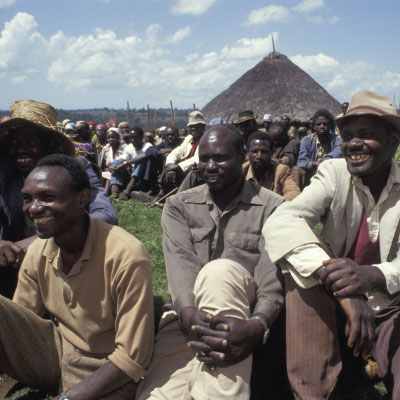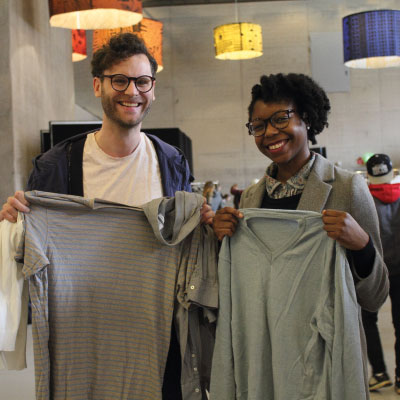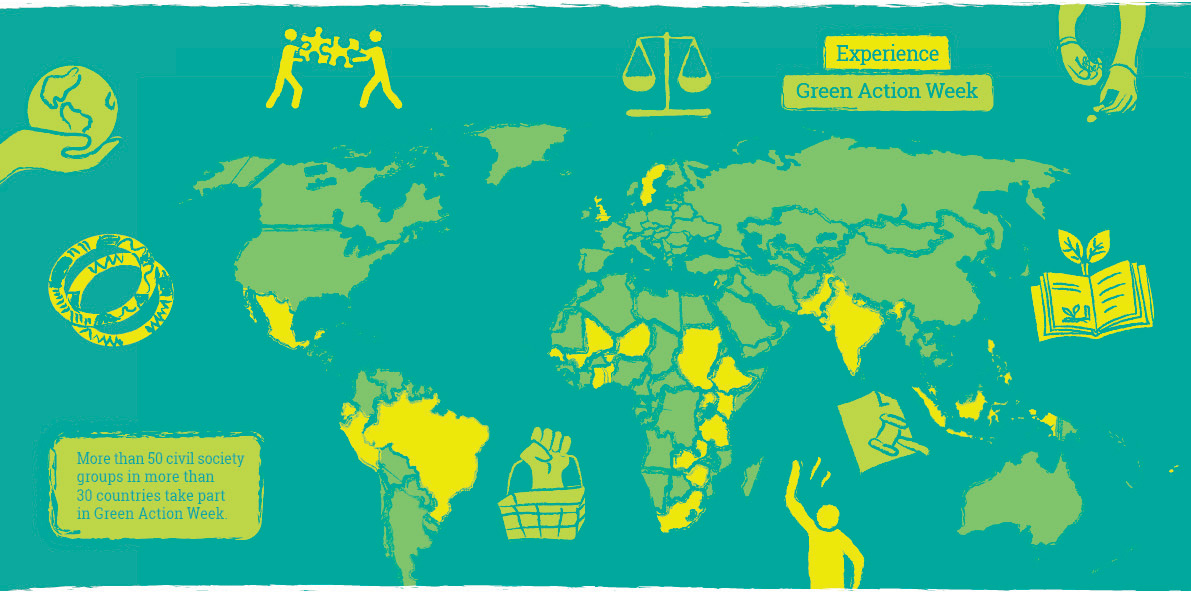To promote their new online platform for sharing books, toys and other items, ASPEC used cartoons and music videos that they released through social media such as TikTok. “Cartoons allow us to express a story or thought in a single picture … and by including humour, we reach different age groups.”
Their activities focus on illustrating how sharing enables a better life. They host seed swaps and workshops to repair and even re-invent clothes, hold cooking demonstrations to share knowledge about little-known food plants, and support service-swapping systems. These all encourage an ethos of reducing, recycling and re-use.
The Council connected older and younger generations through storytelling and song, and enabled income-generating opportunities for older women to pass on traditional basket weaving, which helps to reduce plastic pollution. “Consumers have developed a renewed sense of optimism that damage done to the environment is reversable.”

